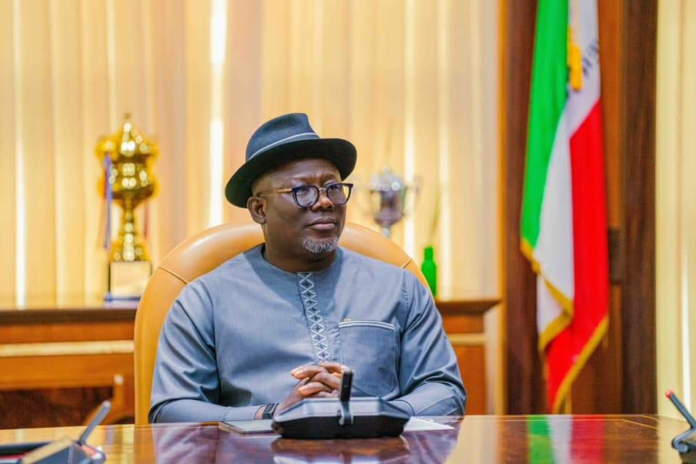Governor Sheriff Oborevwori’s move from the Peoples Democratic Party (PDP) to the All Progressives Congress (APC) has triggered a wave of reactions across Delta State. Many PDP supporters say they feel blindsided and betrayed by the governor’s decision, which they believe undermines years of loyalty and effort within the party.
Ijaw activist Austin Ozobo openly criticized the defection on social media, expressing frustration over the governor’s choice. He suggested the move could significantly weaken the PDP’s influence in the state, writing that he never expected the governor to “kill PDP” for personal interest.
Several PDP members, speaking anonymously, shared similar sentiments. They described the action as a deep blow to party loyalists who stood by the governor during his difficult moments. While wishing him well, they also voiced concerns about the impact of his exit on the party’s future in Delta.
Some party insiders questioned the strategy behind the defection. They argued that Oborevwori could have maintained his PDP ties while aligning politically with the APC-led federal government, as seen with other political figures. Cautioning against relying on informal deals for political survival, they warned that any promises of future rewards — including a second term — could easily be withdrawn.
Meanwhile, voices from the APC welcomed the development. Sir Sunny Mene, former Organizing Secretary of the party in Delta, praised the governor’s decision and extended a warm welcome. He compared political parties to churches that thrive on accepting new members, adding that more supporters would only strengthen the APC’s base.
Oborevwori’s defection, along with that of former Governor Ifeanyi Okowa and other PDP heavyweights, signals a dramatic shift in the state’s political dynamics. With the 2027 elections on the horizon, the PDP now faces the challenge of regaining ground in a landscape that has become more uncertain.

